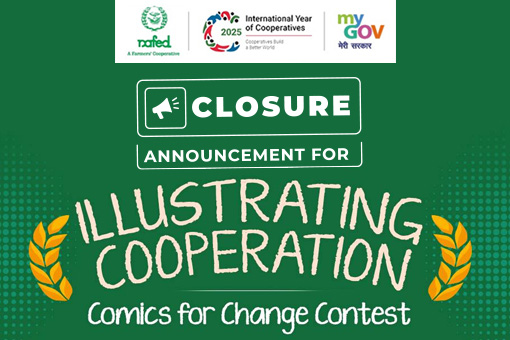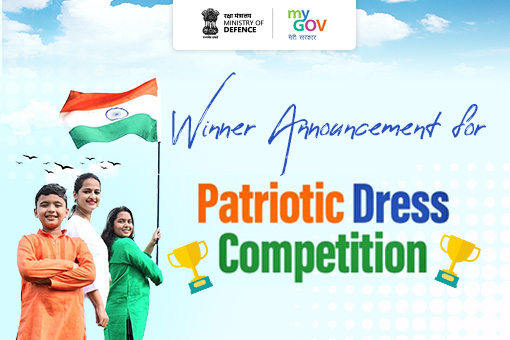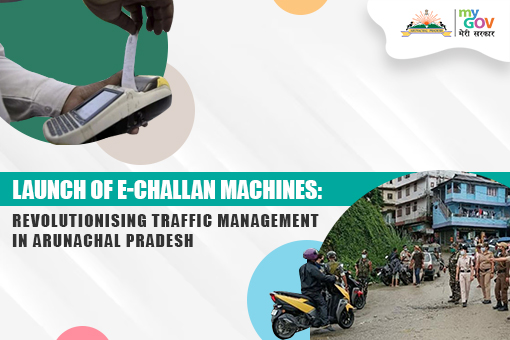Citizens Consultation for the Smart Cities Mission

On 25 June 2015, Prime Minister Shri Narendra Modi launched the Smart Cities Mission to enable the holistic development of Indian cities. This bold new initiative under the Ministry of Urban Development (MoUD) aims to drive economic growth and improve the quality of life of people by enabling local development and harnessing technology as a means to create smart outcomes for citizens. According to MoUD, the core elements of a Smart City include: adequate water and electricity supply, suitable sanitation and solid waste management, efficient public transportation, affordable housing, robust IT connectivity and digitalization, e-governance with citizen participation, sustainable environment, and safety and security of citizens with health and education for all. These objectives are proposed to be attained through a judicious mix of retrofitting, redevelopment and greenfield development.
Citizen consultation is an important pillar of the first phase of the Smart Cities Mission. The Ministry encouraged local governments to engage citizens as they worked on their city’s Smart City Proposal, and recommended MyGov as the core platform for citizen consultation. Municipal governments supplemented their online MyGov activities with meetings, discussions, and other public interactions in their respective cities.
MyGov facilitated citizen consultation for the Smart Cities Mission in two stages. During the first round, it offered cities a range of citizen consultation methodologies, such as discussion forums, tasks, online polls, public talks, and blogs. These tools served as a catalyst for citizens to participate in the Smart Cities Mission and the competition, also known as the India Smart Cities Challenge, and offer suggestions for the development of their city.


During the second round of the Smart Cities Mission, municipal authorities from the shortlisted cities used MyGov to collect suggestions from citizens on their vision for a Smart City to incorporate these into draft proposals. Of the 98 cities, 57 put the draft proposals online for further comments and inputs from the public. Overall, the proposals received a total of 1,42,895 comments.
The 98 cities adopted a range of measures to encourage citizen engagement. Municipalities reached out to young citizens by visiting schools and colleges to educate them about the Mission. Municipal corporations used popular social networking platforms like Facebook and Twitter to spread awareness about the mission. Still others created dedicated websites with detailed updates on progress. SMS campaigns, voice message campaigns, and airtime on radio channels helped expand a municipality’s reach. Many cities even created free Wi-Fi hotspots in crowded areas so that people could access Internet and submit suggestions. Advertisements in newspapers, pamphlets, hoardings, and the MyGov app played a significant role in making the Smart City Mission a nationwide phenomenon.
The Smart Cities Mission – MyGov collaboration is an unprecedented exercise in urban planning, which has transformed planning from a top-down centralized activity into a democratic consultative process, taking the citizens’ perspective as the foundation stone on which the city plan is built. MyGov looks forward to partnering with more cities and citizens in the subsequent rounds of the Smart Cities Mission play its part in developing Smart Cities across India.
– Gaurav Dwivedi,
CEO, MyGov





